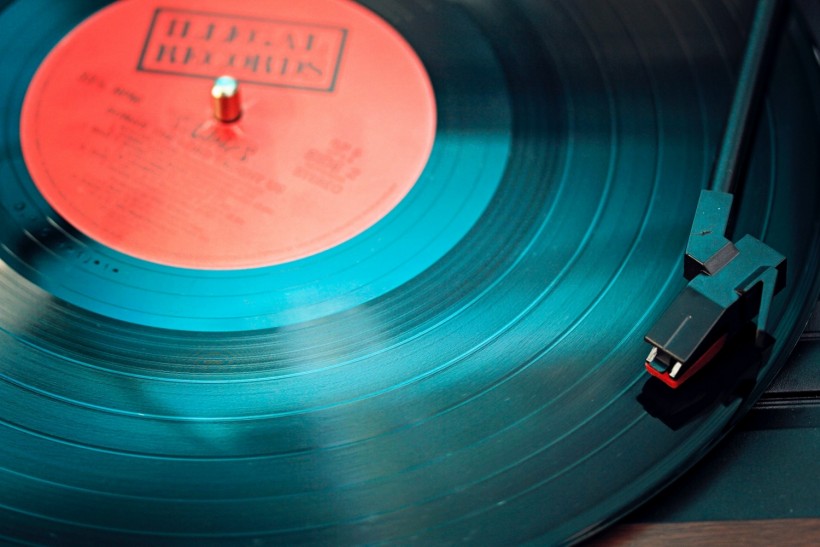
One by one, the top music magazines made the transition to online content. While that's still where most find and engage with music and the culture surrounding it, one publication is bringing back its bi-monthly print magazine for a global release.
NME Returns
New Musical Express (NME) is an old brand in music publication, starting in 1950s Britain. So, safe to say, it's had to move with the times to stay relevant and become the trendy three-letter abbreviation that it is today. They practically invented the trend of including singles charts in their copies, continued today through TV.
Now one of the biggest voices in the space, they're revisiting print media and trying to succeed where everybody else, including themselves, has failed. If you were starting a company today, most would advise skipping print and going straight to the internet, and they'd be right. The internet is a marketing platform and a resource all at once. With it, you can conduct research, generate a great name for your music company, and hit social media to share your brand and website with the world. This is a lot easier when you're a 1950s leader in the space, of course, which is why NME went wholly online in 2018.
That's right, while it's a momentous shift in the industry, it's a reversal of their 2018 decision to cease publication of magazines that had been offered for free since 2015. So, what makes this time so different and can NME fight back the trend of diminishing print media?
High Hype, Limited Release
The NME magazine primarily covered music with wider culture also being represented through TV & film. That isn't going to change in this new magazine, which releases twice a month and is going to have all the pop culture and exclusive scoops that NME can attract. The aim is for it to be all-encompassing; they even call it a bible multiple times on their site.
Launching print in 2023 and making it successful is a big ask but fortunately, NME's COO Holly Bishop has a plan. It's a simple but effective one at that, to quote Bishop and every economics class - "there's value in scarcity." Seeing the hype that builds around events like new sneaker releases, Bishop wants to catch that lightning in an NME-branded bottle. By offering fewer magazines, NME can save money on this venture and theoretically garner interest in limited, arguably collectible items. Bishop dubbed this the "high-hype model."
This all said, there is polling from UK government-backed data center YouGov alleging that magazines still have some sway, no matter the demographic. When compared with newspapers, physical magazines ranked better for preferability than their black-and-white counterparts. At a glance, it makes sense, as magazines tend to be more visual, have more color, and often appeal to more niche interests that attract the most ardent fans. Whether NME is too dry or mainstream to harness this phenomenon remains to be seen.
NME Knows It's A Challenge
Fortunately, it sounds like NME have already tempered their expectations. Bishop adds that they're not out to bring in "hundreds of thousands of print readers" or pursue "newsstand revenues." Instead, it's something for super fans to get - again, collectibles and memorabilia. The fact each magazine will have integrated NME's signature unique covers should add to their value since no one issue will look the same at a glance.
Despite these humble goals, Bishop does admit that she hopes print goes through the same retro revival that vinyl did. People take their music seriously, especially when it comes to owning it, so those conscious about how fickle streaming can be will pay for physical media. Whether the same can be said for magazines is uncertain - no brand as big as NME has tried it yet.
The fact it's intended to be available worldwide could also be a help. The internet and internet media, though gaining in developing nations, isn't as culturally relevant in other parts of the world. Put simply, developing nations could show more interest in print due to a lack of interest in the internet. However, that could clash with their limited release, high value plan for the print series. Those regions tend to prize physical media due to poor internet infrastructure, so a short-supply high-value magazine might prove too expensive to take off. Only time will tell if NME can keep this magazine afloat. It will be an interesting case study for all print media that, if successful, could galvanize other brands and deliver on that print media renaissance that Bishop spoke of.
* This is a contributed article and this content does not necessarily represent the views of musictimes.com













